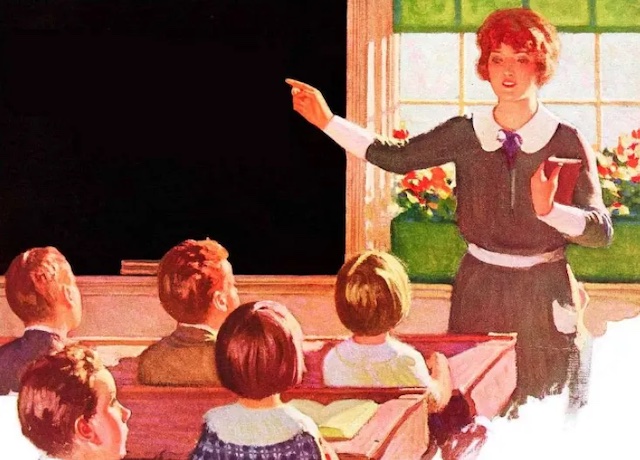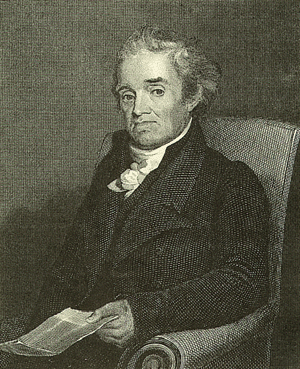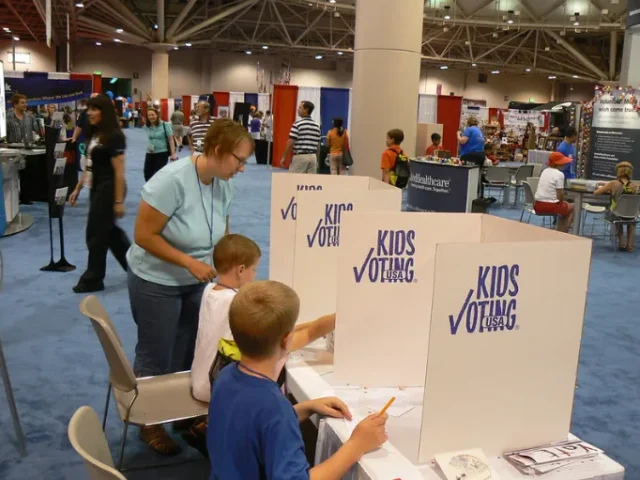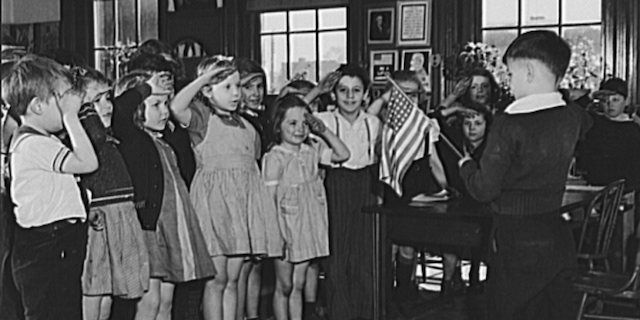
(NARA & DVIDS Public Domain Archive)
Randi Weingarten, the head of the American Federation of Teachers, takes her teaching duties seriously it seems, even though she’s no longer in the classroom.
Her expert teacher mentality reared itself in a recent interview with Fox News host Martha McCallum, making headlines when Weingarten referred to McCallum as “sweetheart” a couple times in a condescending tone.
The amusing nature of the exchange – particularly McCallum’s slap down of Weingarten – is undoubtedly why those 10-30 seconds of the interview went viral. Continue reading

 A friend of mine recently told me that his daughter got an F on her college paper.
A friend of mine recently told me that his daughter got an F on her college paper. You know you’re getting old when you begin transferring the dreams you once had for yourself – such as playing basketball for the NBA – on to your child, a friend of mine recently noted.
You know you’re getting old when you begin transferring the dreams you once had for yourself – such as playing basketball for the NBA – on to your child, a friend of mine recently noted. If asked that question, many would likely reply – somewhat indignantly even – “He goes to a good school. He gets good grades. Of course he’s well educated!”
If asked that question, many would likely reply – somewhat indignantly even – “He goes to a good school. He gets good grades. Of course he’s well educated!”

 We all saw horrifying images and heard heartbreaking stories about the devastation wrought by Hurricane Helene. But chances are you also heard a few stories of hope, of people lending a hand to those in need. I heard one of these a few days after the storm, compliments of some friends living in the area.
We all saw horrifying images and heard heartbreaking stories about the devastation wrought by Hurricane Helene. But chances are you also heard a few stories of hope, of people lending a hand to those in need. I heard one of these a few days after the storm, compliments of some friends living in the area.
 Several weeks ago, I made the claim that
Several weeks ago, I made the claim that  But have you ever noticed how difficult it is to figure out exactly what kind of books our children are reading in school?
But have you ever noticed how difficult it is to figure out exactly what kind of books our children are reading in school?  Have you ever heard someone use the phrase “Go Local”? The concept, which encourages supporting local industries and businesses, has grown in popularity over the years with people of all political persuasions.
Have you ever heard someone use the phrase “Go Local”? The concept, which encourages supporting local industries and businesses, has grown in popularity over the years with people of all political persuasions. My entire family was invited to a graduation party over the weekend. Such an invitation is nothing out of the ordinary; what made this invitation unique was that the graduate was a third-generation member of a long-standing friendship – his grandparents were neighbors of my parents for more than 40 years.
My entire family was invited to a graduation party over the weekend. Such an invitation is nothing out of the ordinary; what made this invitation unique was that the graduate was a third-generation member of a long-standing friendship – his grandparents were neighbors of my parents for more than 40 years.
 The other day I ran across a passage from
The other day I ran across a passage from  While compiling a list of individual, public-school districts in Minnesota the other day, I noticed something curious. My list consisted of around 330 districts … but the district numbers weren’t all consecutive.
While compiling a list of individual, public-school districts in Minnesota the other day, I noticed something curious. My list consisted of around 330 districts … but the district numbers weren’t all consecutive. We’ve reached the home stretch of the school year, and by now, most parents, teachers, and even students understand the lay of the land in their schools. It’s pretty apparent whether classrooms are under control, whether students are learning, and whether teachers are getting burnt out by top-down mandates and demands.
We’ve reached the home stretch of the school year, and by now, most parents, teachers, and even students understand the lay of the land in their schools. It’s pretty apparent whether classrooms are under control, whether students are learning, and whether teachers are getting burnt out by top-down mandates and demands.
 While digging through a folder of items belonging to my grandmother during her high school years, I came across several copies of Weekly News Review, a periodical full of news items and current events apparently geared toward young students…
While digging through a folder of items belonging to my grandmother during her high school years, I came across several copies of Weekly News Review, a periodical full of news items and current events apparently geared toward young students…  Several days ago, I was handed a pile of old schoolwork and curriculum found in paperwork and memorabilia from my grandmother. Sifting through the stack, I soon pulled out several booklets labeled “Minnesota State Board Questions Certified.” Yellowed with age and somewhat dog-eared, they appear to be workbooks with which students could prepare for their yearly school exams.
Several days ago, I was handed a pile of old schoolwork and curriculum found in paperwork and memorabilia from my grandmother. Sifting through the stack, I soon pulled out several booklets labeled “Minnesota State Board Questions Certified.” Yellowed with age and somewhat dog-eared, they appear to be workbooks with which students could prepare for their yearly school exams. As a student, I was a whiz at memorization, so much so, that I remember basically memorizing two lead roles for different plays – one at age 13 and one at age 16 – after only one serious and focused read-through of the scripts. As an adult, I see myself mirroring my mother’s shock at such a feat, but at the time, such ease in memorization was simply second nature.
As a student, I was a whiz at memorization, so much so, that I remember basically memorizing two lead roles for different plays – one at age 13 and one at age 16 – after only one serious and focused read-through of the scripts. As an adult, I see myself mirroring my mother’s shock at such a feat, but at the time, such ease in memorization was simply second nature.